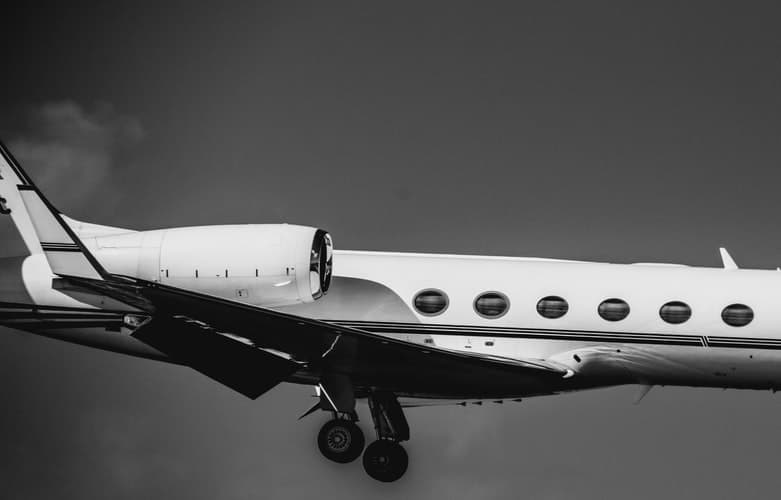Numerous factors play a part in diplomatic flight operations, all of which must be considered before you undertake a diplomatic flight. From permits to flight planning and even handling, diplomatic flights differ in a number of ways. The planning process alone involves country-to-country coordination as well as limitations to consider regarding 3rd party providers. To avoid potential pitfalls, let’s take a look at the primary considerations but first…
Flight Planning Guides
- Flight Planning During Disasters
- In House VS Outsourced Flight Planning
- Group Charter Flight Planning
- Managing Flight Permits
- Importance of Flight Planning
What Is A Diplomatic Flight?
A diplomatic flight includes any form of aviation that has a head of state on board. In addition to this, there may be flights with people on board, while not heads of state themselves, will have diplomatic clearances and therefore fall into the same category. While the vast majority of diplomatic flights are operated as private flights, there are on occasion chartered flights that come under the same rules so these shouldn’t be ruled out. With that in mind, what needs to be considered first and foremost?
Permit Lead Times May Vary…
Lead times on permits vary worldwide, from country to county but generally speaking diplomatic flights are usually processed within much shorter times. Equally, airport slots, parking and even ground service arrangements can be set up rather quickly for heads of state and qualified diplomatic flights.
There is, on the odd occasion, a need for the flights to comply with the office permit lead time guides but this is rare. When requesting diplomatic permits however, these are usually done via diplomatic channels during which 3rd party providers will have a very limited ability to be involved. There are of course exceptions to every rule but generally speaking, third parties will be ordered to go through the necessary diplomatic channels.
How Do VISAs Differ?
Heads of State will not need tourist VISAs or Business VISAs however the remaining passengers will. That being said, we always advise checking each country’s requirements well in advance especially if you’re flying to another nation where regulations may differ. Check on entry requirements for crew members also. They may differ hugely as they aren’t considered part of the official diplomatic party.
APIS Requirements – What’s The Situation?
Will you need to register under the advance passenger information system (APIS)? It’s a question asked by many. The general rule of thumb when operating flights to the US is that they don’t need to file APIS. With complete information. The exceptions we’re speaking of here however only cover those who are in possession of diplomatic clearance. Everyone else must provide full information.
Make Ground Handlers Aware
Despite the ability to gain permits and other necessary flight documentation at short notice, it’s always recommended that you give advanced notification to ground handlers to ensure parking and any other required services are taken care of. Let them know about diplomatic flight status and ensure a suitable amount of ground handler agents are on hand to deal with arrivals or departures swiftly and efficiently.
Contact Flightworx Today
It’s important that you remember just because you have a diplomat on board with a diplomatic passport doesn’t mean you can automatically take advantage of the privileges and allowances that usually come with diplomatic flights.
You must at all times consider visa requirements, the documentation required as well as clearances for on board support staff. If you’d like more information on diplomatic flight considerations or help organising the necessary documentation for a diplomatic flight, simply contact Flightworx today.

